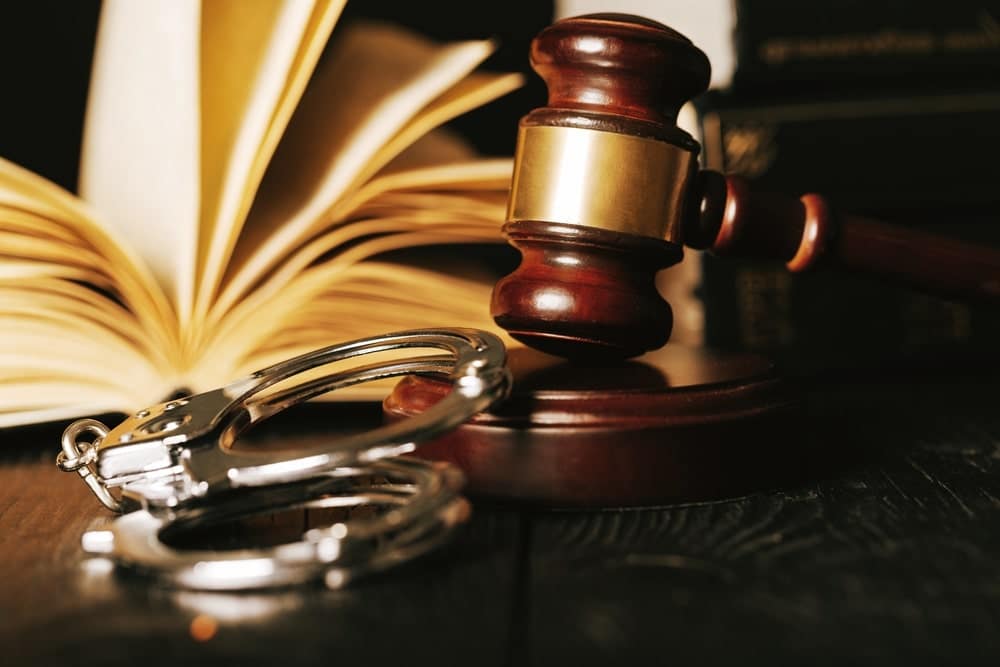We Are Experienced Criminal Defense Attorneys in Maine Protecting Your Rights
At The Maine Criminal Defense Group we focus exclusively on defending individuals accused of crimes under the Maine criminal code. Facing criminal charges can be overwhelming, but understanding your rights and legal options is the first step toward building a strong defense. That’s why we’ve provided detailed information to help you navigate the complexities of the criminal justice system.
A conviction is not the end of the road. You have the right to appeal, but winning requires proving that a significant legal error impacted your case. Our experienced attorneys are committed to protecting your rights, challenging the prosecution’s case, and fighting for the best possible outcome.
Navigate our comprehensive guide below to learn more about the most common criminal offenses in Maine and learn how we can help.
Call 207-571-8146 or contact us online to schedule a consult with one of our highly skilled OUI/DUI & criminal defense attorneys, serving Maine, today.
Table of Contents
Types of Criminal Offenses We Handle in Maine
OUI, DUI, DWI Charges
Operating under the infleunce states that it is illegal to drive while impaired by drugs or alcohol or with a BAC of 0.08% or greater in Maine. There are harsh penalties for an OUI even for those who are convicted for the first time. From breathalyzer tests to field sobriety tests, there are numerous methods that police officers use to charge someone with a DUI, and challenging these methods is the best way to defeat your charges.
Drug Crimes
Drug crimes involving illegal or controlled substances in the state of Maine include drug possession, trafficking, cultivation of drugs, and prescription fraud. Over 5,345 adults and 567 juveniles were arrested for drug charges in Maine in 2009, and the penalties under the law for these offenses are severe.
Probation Violation
Nearly 35% of all state prison admissions in 2006 were offenders who returned to jail as a result of probation violations. If you have been accused of violating the terms of your probation, you must take swift action to protect your rights and avoid suffering the penalties of your original offense.
Domestic Violence
Domestic violence arrests accounted for 45.1% of all arrests in Maine in 2010. It is relatively easy to accuse someone of domestic violence, and those who are wrongfully accused may have a difficult time saving their reputation, relationships and career. Thankfully, there is a way to challenge domestic violence charges.
Call 207-571-8146 or contact us online to schedule a consult with one of our highly skilled OUI/DUI & criminal defense attorneys, serving Maine, today.
Sex Crimes
As soon as an individual is convicted of certain sex crimes in Maine, they are required to register as a sex offender in the national registry and report on where they live, work and go to school. Sex offender registration is extremely detrimental to one’s future, and those who are accused of sex crimes must do everything in their power to avoid a conviction.
White Collar Crimes
White-collar crimes include a full range of fraudulent activities committed by business and government professionals. From credit card fraud to embezzlement and identity theft, these non-violent crimes have the potential to destroy the career and reputation of the one who has been accused of committing them.
Juvenile Criminal Offenses
Individuals who have committed a crime will be tried in juvenile court up to the age of eighteen, but juveniles may also be tried as adults in certain situations. The effects of a juvenile conviction may carry over into other aspects of the juvenile’s life and may affect future employment, driver’s licensing privileges, and public benefits.
Theft Crimes
According to the Maine Department of Public Safety, a robbery was committed every 21 hours in Maine during the year of 2010. Robbery, burglary and other property theft crimes are on the rise throughout the entire state, and various District Attorney offices are aggressively prosecuting suspected offenders. The penalties for theft crimes can include lengthy prison time, especially if aggravating circumstances are involved.
Violent Crimes
The classification of violent crimes in Maine ranges from Class D misdemeanors to Class A felonies. Murder, manslaughter, assault, criminal threatening, stalking and terrorizing are but a few of the violent crimes that one can be accused of.
Weapon Charges
The gun laws in Maine regulate the possession, sale, and use of firearms and ammunition throughout the state. Maine allows for the concealed carry of a weapon upon the issue of a permit from the local or state police, and it is unlawful to carry any firearm concealed without this permit. In addition to federal gun laws, Maine state laws also prohibit people from carrying guns for other reasons as well.
Federal Charges
Individuals who are accused of federal crimes will likely be under investigation from federal agencies such as the FBI or DEA. Federal drug cases, Social Security fraud, federal gun charges, PPP fraud, and federal probation violations are but a few of the federal offenses that one can be charged within Maine, and many cyber-crimes are handled by federal agencies as well.
Call 207-571-8146 or contact us online to schedule a consult with one of our highly skilled OUI/DUI & criminal defense attorneys, serving Maine, today.
How does a civil case differ from a criminal case in Maine?
A criminal case in Maine generally involves a witness or victim reporting the offense to a law enforcement officer – or a law enforcement officer stopping an individual.
The State will then decide whether to file criminal charges against the accused, based on the requirement to maintain order in society, provide justice for the victim, rehabilitate the accused, protect the public, and to deter other potential offenders.
For a case to proceed, a prosecutor or a Grand Jury must approve the charges.
The criminal case will be known as “State of Maine v. Defendant” and, if the prosecution proves guilt “beyond a reasonable doubt”, a jail sentence may be handed down by the judge. The freedom of the accused is at stake, so the burden of proof is necessarily high.
A civil case is very different. It can be brought by one or more individuals to resolve a dispute, such as a divorce, breach of contract or landlord-tenant disputes. Jail terms are not possible penalties in such cases.
The person who initiates the lawsuit is known as the “plaintiff” and in order to win the civil case, it must be demonstrated by “a preponderance of the evidence” that he or she is in the right.
The burden of proof is, therefore, lower in a civil case than a criminal case, where “beyond a reasonable doubt” is used.
How does probation differ from parole?
Probation and parole are often confused but are actually very different. Probation is a specific period of time during which a person found guilty of a criminal offense in Maine must report to his or her probation officer.
The officer is responsible for supervising the offender during this period, with a set of specific conditions imposed by the court that the offender must observe closely.
The offender must commit no further criminal activity to avoid probation being revoked and returning to jail.
Parole, on the other hand, is an early release from a prison sentence imposed on a person found guilty of a crime.
During this period, the released offender will be monitored and, if the conditions of their parole are broken, they may be readmitted to jail.
Note that Maine no longer imposes sentences with “eligibility for parole”. However, if you are convicted of a crime and sent to jail, you may qualify for “good time” credits. These may add up to an early release from a jail sentence.
Sometimes, probation follows a jail sentence. This is known as a “split sentence”. This involves a period of time served and a “suspended” sentence for a specific period afterwards. Perhaps the confusion between probation and parole stems from this.
Call 207-571-8146 or contact us online to schedule a consult with one of our highly skilled OUI/DUI & criminal defense attorneys, serving Maine, today.
Felonies and misdemeanors in Maine
Criminal offenses are usually divided into felonies (the most serious with the harshest penalties) and misdemeanors, which usually carry smaller fines, temporary punishments, and minimal jail time.
In Maine, criminal offences are generally referred to according to their class: from A to E, with Class A, B and C crimes considered felonies and Class D and E offenses considered misdemeanors.
Types of misdemeanors in Maine
With misdemeanor offenses, there are few mandatory minimum sentences and considerable leeway is often provided when sentencing.
Class E misdemeanor offenses are the least serious criminal offenses in Maine and may include:
- Shoplifting
- Driving on a suspended license
- Disorderly conduct
- Criminal trespass
For Class E misdemeanors, a maximum penalty of six months in county jail and a fine of up to $1,000 can apply. Probation is uncommon.
Common Class D misdemeanor offenses in Maine include:
- OUI
- Most domestic violence cases (though they may be elevated to a felony)
- Drug possession
For Class D misdemeanors, a maximum penalty of one year behind bars and a fine of up to $2,000 can apply.
Types of felony offenses in Maine
Common Class C felony offenses include:
- Aggravated OUI
- Felony theft
- Aggravated criminal mischief
For such crimes, a maximum penalty of five years in prison and a fine of up to $5,000 can apply.
Common Class B offenses include:
- Assault with a deadly weapon
- Drug trafficking
- Certain sexual assault charges
For such crimes, a maximum penalty of 10 years in prison and a fine of up to $20,000 can apply.
Common Class A offenses are the most serious crimes under Maine law and include
- Rape
- Murder
- Aggravated drug trafficking
For such crimes, a maximum penalty of 30 years in prison and a fine of up to $50,000 can apply (but murder has its own sentencing rules).
Consequences of a criminal conviction in Maine
If you are convicted of a criminal offense in Maine, you will face other consequences in addition to the criminal penalties outlined above.
All criminal convictions result in a criminal record that shows on background checks, which can affect employment, career choices, housing, travel, and other areas of your life.
Felonies can result in especially harsh consequences, including the loss of a professional license, the loss of the right to vote or own a firearm, and even the loss of custody rights.
Is operating under the influence (OUI) considered a criminal offense in Maine?
In Maine, operating under the influence (OUI) is the term used for the offense of driving a motor vehicle with a blood alcohol content of .08% or over.
This is a criminal offense and it can stay on both your criminal record and driving record permanently.
Despite popular belief, it doesn’t expire after a certain time period and it can continue to negatively impact employment, financial matters, and freedom of travel for the rest of your life.
These long-term consequences are in addition to the immediate penalties, such as an automatic license suspension, substantial fines, and even a possible jail sentence.
That’s why it’s imperative to seek experienced legal representation to defend OUI charges in Maine.
Can I have my criminal record expunged in Maine?
There is no provision within Maine law for the expungement of adult criminal records – with only one exception.
The exception to the expungement rules is for convictions of Class E crimes (the least serious criminal offenses) that are committed by people aged 18 to 21 years old at the time of the offense.
Expungement of Class E convictions for youthful offenders
A few examples of Class E crimes include:
- Operating on a suspended license
- Disorderly conduct
- Theft under $1,000
If you were between the ages of 18 and 21 when you were convicted of such a crime, you may petition the court for an expungement providing you meet the following conditions:
- You wait four years after completing all terms of your sentence
- There are no other convictions on your record
- No other charges against you have been dismissed as a result of deferred disposition
- You have not committed a juvenile crime for which the hearing was open to the public
- No other charges are pending against you
- Your crime was not of a sexual nature
Have you been wrongly accused of a crime in Maine?
Contact Our Maine Criminal Defense Lawyers For Help Today
Criminal accusations can have life-altering consequences, making it crucial to have an aggressive and experienced legal team on your side. At The Maine Criminal Defense Group, our attorneys are committed to protecting your rights and fighting for your freedom across Southern Maine.
Whether you’re facing charges for an OUI, a Class E misdemeanor, or a serious Class A felony, you should never step into a courtroom without skilled legal representation. A criminal defense lawyer near you with experience handling cases like yours can make a significant difference in the outcome of your case.
When choosing a Maine criminal defense attorney, it’s essential to work with a lawyer who understands the complexities of state laws, has a track record of success, and will fight tirelessly on your behalf. Our legal team is dedicated to building strong defense strategies to challenge the prosecution’s case and secure the best possible result.
Contact The Maine Criminal Defense Group today for a confidential consultation and take the first step in defending your future. Call us or contact us directly online for help getting your life back.
Call 207-571-8146 or contact us online to schedule a consult with one of our highly skilled OUI/DUI & criminal defense attorneys, serving Maine, today.
Related Articles

After an arrest and criminal charge in Maine, a defendant’s first court appearance may be to apply for bail at the arraignment and bail hearing. The process of securing a[...]
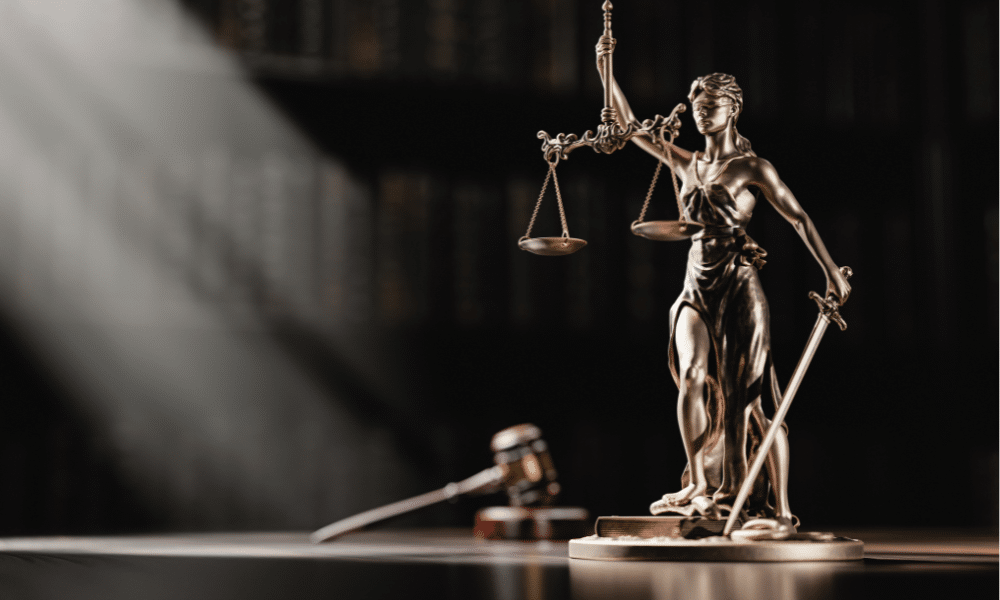
If you are charged with a crime in Maine, going to trial is just one of the possible outcomes. In fact, around 90 percent of criminal cases in Maine are[...]
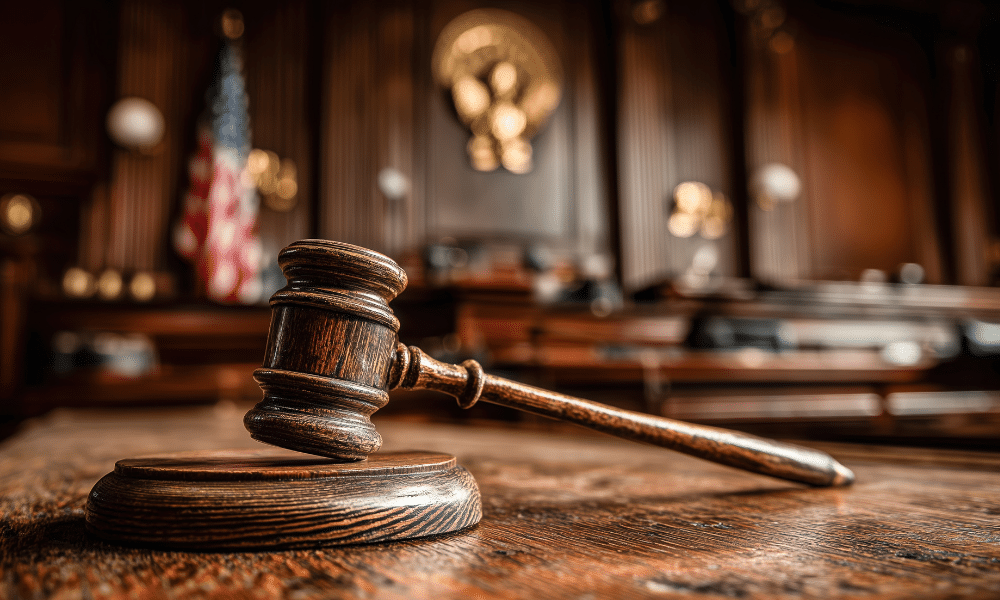
Defendants in criminal cases typically have four options for resolving their case if the charges are not dismissed: Plea negotiation, where the defendant agrees to plead guilty (or no contest)[...]
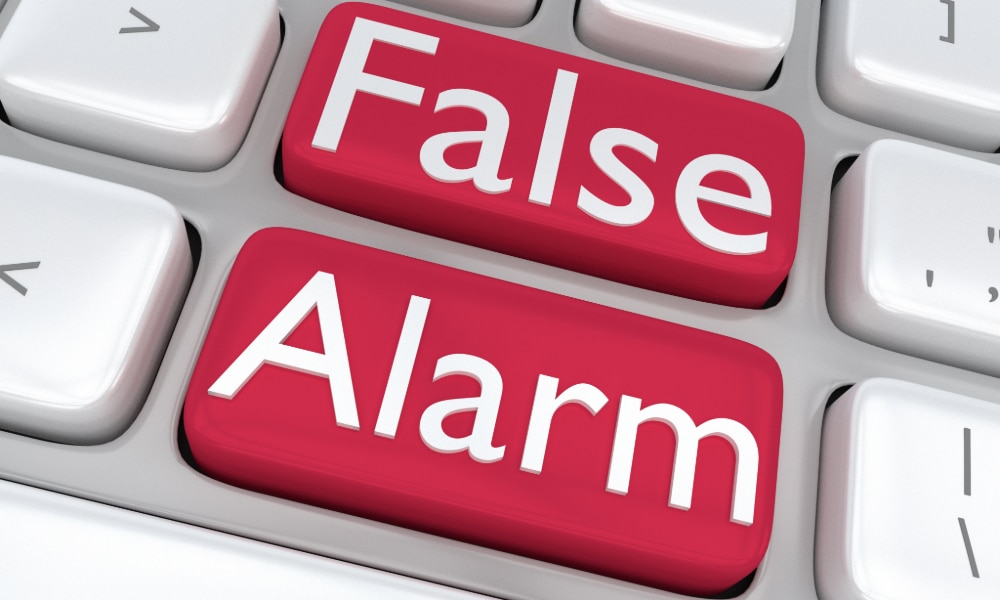
Many people are unaware that it is a criminal offense in Maine to make a false report of an emergency that causes public alarm. Even those who are aware of[...]

A criminal conviction usually appears on criminal records for life in Maine, potentially impacting the individual’s employment, education, travel, housing, immigration status, and more. However, certain low-level misdemeanor convictions can[...]
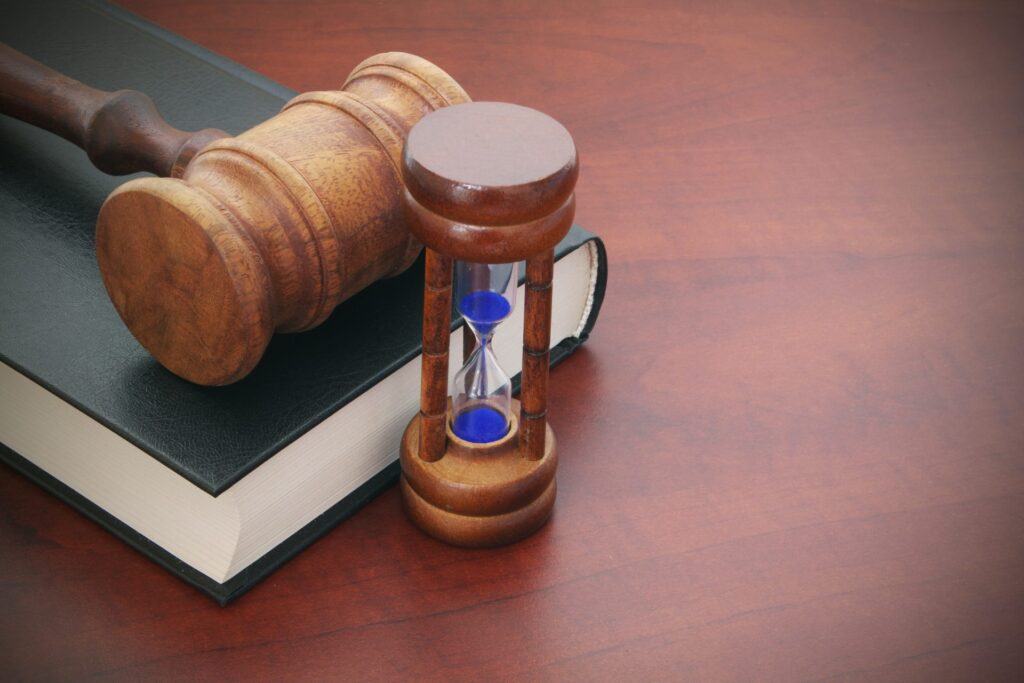
The legal term for sentencing a convicted criminal is not required to serve is called a suspended sentence. A suspended sentence is handed down during the sentencing portion following a[...]

If you receive a traffic ticket in Maine, you may be facing far more than demerit points or an administrative penalty. You could be facing criminal sanctions and a permanent[...]
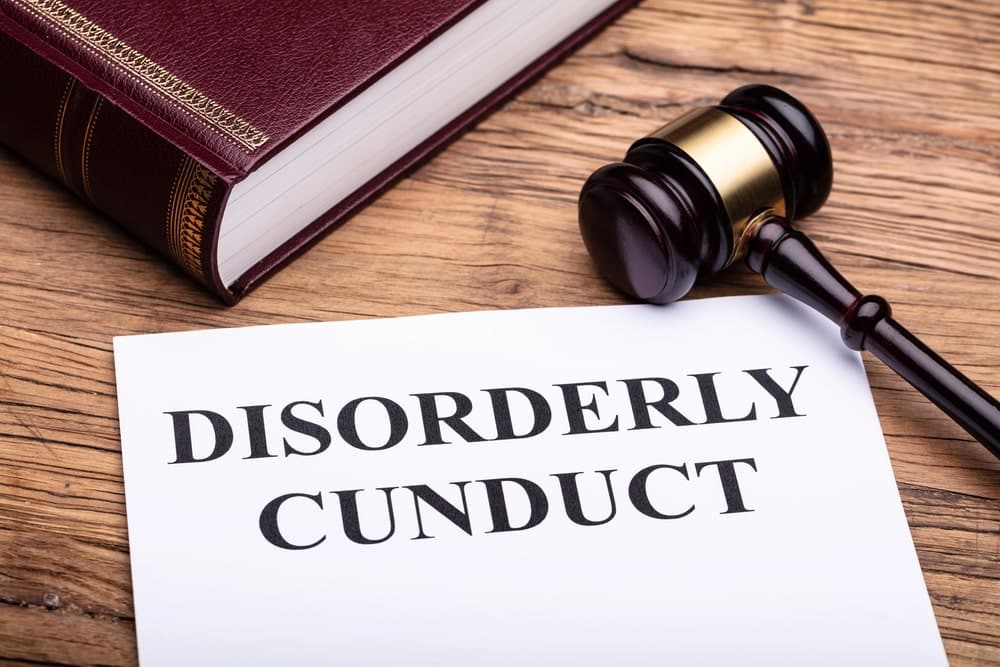
In Maine, disorderly conduct laws effectively make disturbing the peace a criminal offense. While disorderly conduct is considered one of the least serious offenses under Maine’s Criminal Statutes, it can[...]

Any criminal charge for a drug-related offense is a serious matter in Maine,but how consequential the outcomes can get may depend on whether the charge is filed at the state[...]

